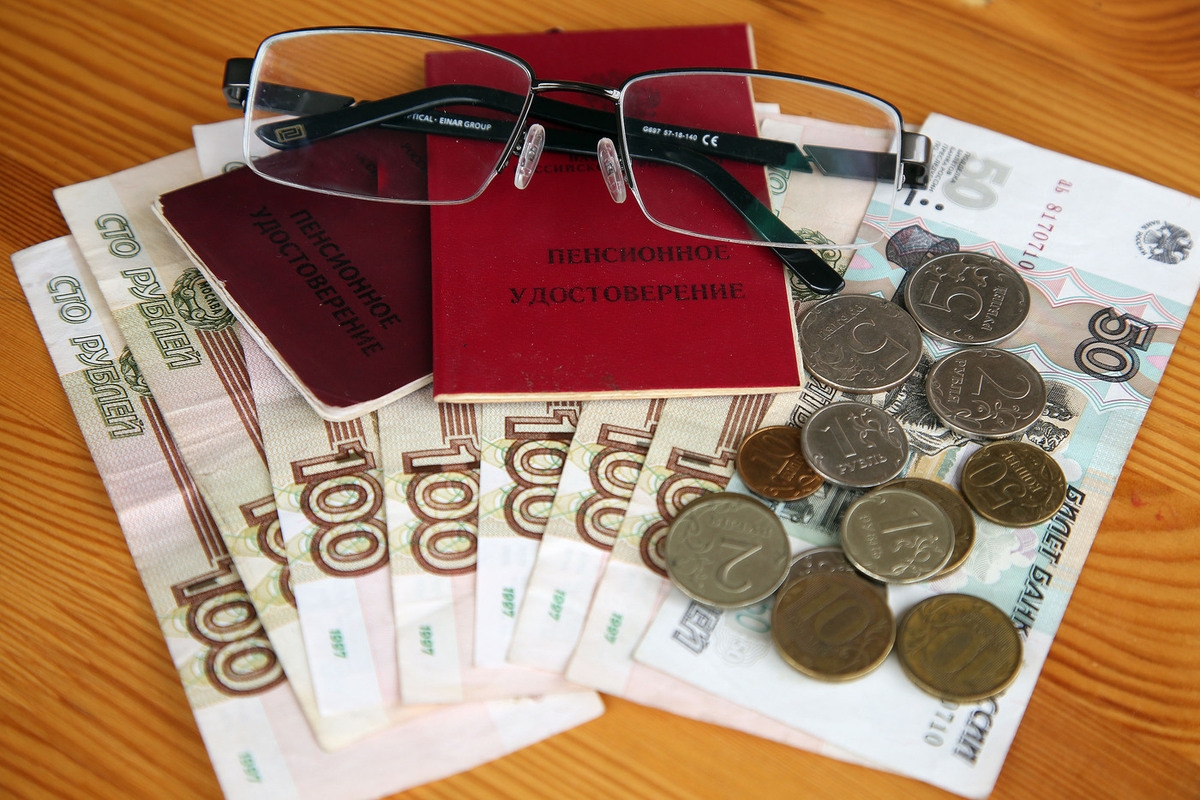Self-employed individuals can receive an insurance pension if they contribute 60,000 rubles to the social fund.

It turns out that the state cares more about the self-employed in Russia than the self-employed themselves. Now, labor market financiers have calculated the amount they can voluntarily contribute to the Social Fund for this category to qualify for an old-age insurance pension.
This paternalistic concern for the self-employed is no coincidence. Today, there are over 14.5 million of them in the country. And they are completely exempt from paying social taxes. This means that upon retirement, they will receive a significantly lower social pension rather than an insurance pension. According to the Social Fund, the minimum social pension in 2025 was 8,820 rubles.
But the law allows them to build their own work history and earn individual pension coefficients (IPCs) to receive an insurance pension. The problem is that, according to the Social Fund, out of nearly 15 million self-employed people, only 53,000 took advantage of this right last year. A drop in the bucket.
What income will they have to while away their old age?
More than once, legislators have raised the issue point-blank, terminating the self-employed project early—in 2026, two years earlier than planned. And one can understand their position. They're arriving in Russia at a record pace, 28% more in 2025 than a year ago. And yet, they're essentially working for themselves, their loved ones. They only pay tax on their professional income: 4% for individuals and 6% for legal entities. They don't understand that the budget is in deficit and needs to be shared.
The population also has questions about this category. The majority of self-employed individuals do not pay the 22% Social Fund tax. However, they enjoy free education and healthcare just like everyone else.
In general, they do not carry any financial burden.
However, these benefits will ultimately lead to serious problems for them. Since they don't pay social security contributions to the Social Fund, they'll never receive an insurance pension. So, the authorities are asking them to voluntarily make contributions to at least build up their insurance pension.
For one year of work experience in 2025, they must contribute 59,200 rubles to the Social Fund. The formula is simple: 22% of the minimum wage (22,440 rubles) multiplied by 12 months. In this case, the individual pension coefficient will be 0.975. For one full individual pension coefficient, they must contribute 60,771 rubles annually, until December 31 of this year.
The minimum insurance pension level in 2025 (subject to at least 15 years of work experience) is 13,278 rubles.
"Almost 15 million self-employed people are certainly a large army for the country, given that our labor market alone has approximately 70-75 million jobs," says financial analyst and PhD candidate Mikhail Belyaev. "However, you need to look at the product they produce. Generally speaking, for any economy, the self-employed are an advantage. They don't burden the state with their responsibilities; they independently find resources and scope for work. They're small businesses that the state simply doesn't have time to handle. But they add a certain flexibility to production. Large corporations transfer all their "small stuff" to such businesses."
"It's alarming that the self-employed aren't creating a contributory pension. Let's say in 15-20 years, all 15 million people currently employed will retire—not on a contributory pension, but on a social pension, which is purely symbolic. What then?"
"Nothing. This is their path, and they've chosen it quite consciously. They'll receive a social pension, lower than the insurance pension, and five years later than they would have if they'd been eligible for the insurance pension. But the self-employed know what they're getting into. Either you work for an employer and have your employer pay all your taxes, or you take full responsibility for it and then stop complaining about your unenviable lot."
I know quite a few people who were self-employed, then became employees, and then returned to self-employment again. They say, "I don't want to work for someone else; freedom is more important..." In that case, build your own pension fund. They don't contribute much to the country in taxes, but they receive much more from the state—both in healthcare and education.
- There will still be dissatisfaction with the level of pension payments. Will the budget be able to increase them?
"Why, for what reason? The state won't abandon you to your fate; it will pay social security. But you have to take care of everything else yourself, take responsibility."
And what does a budget even mean? It's made up of taxes paid by the entire country, you and I. Why should we pay for someone who worked for themselves?
mk.ru


